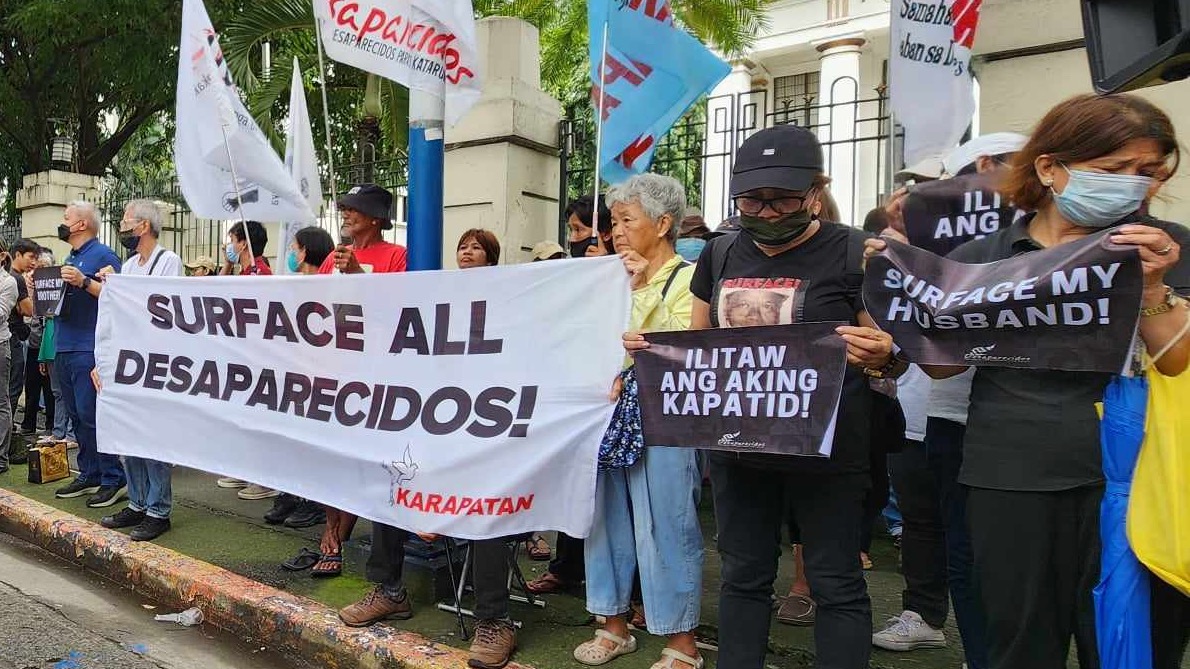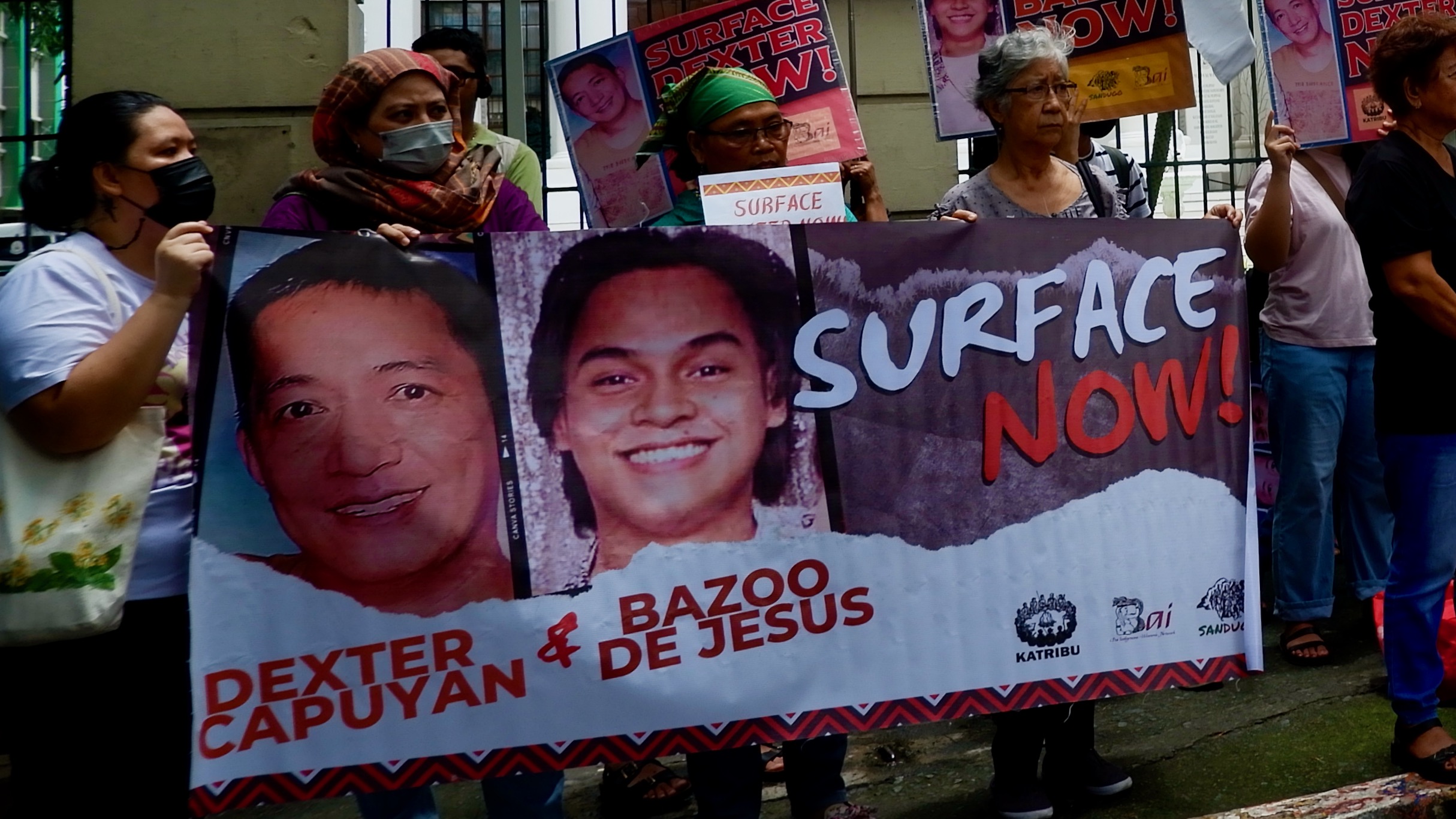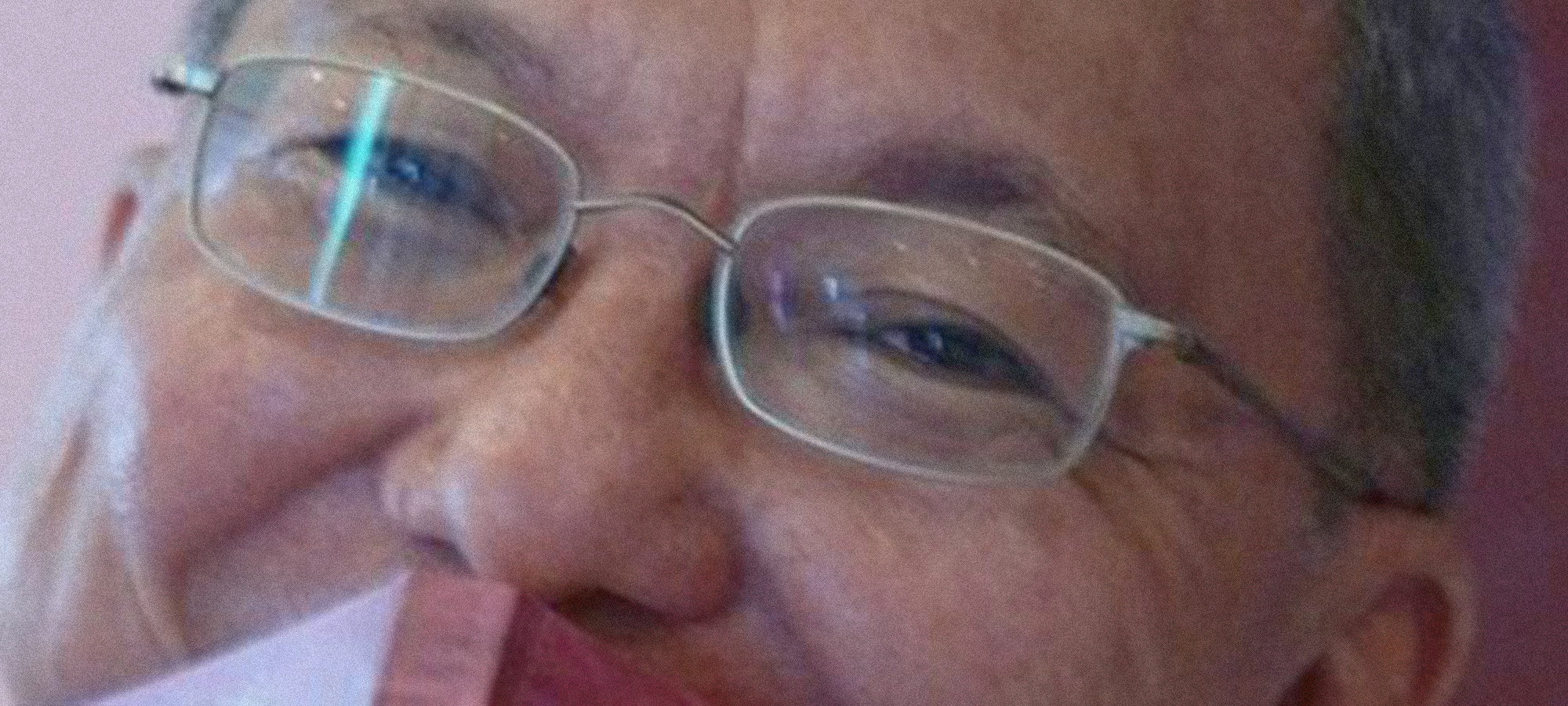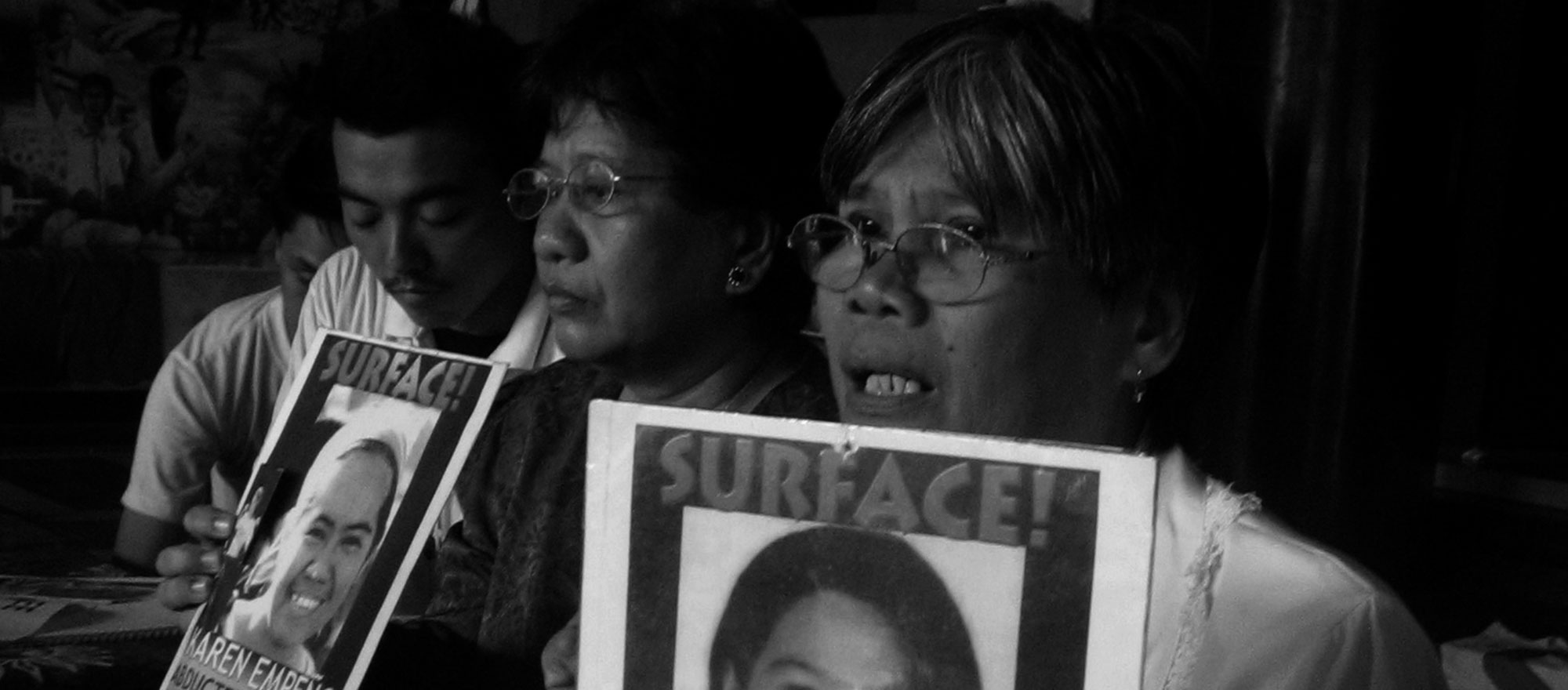Two daughters of a desaparecido
On April 12, 2007, Luisa Posa-Dominado, together with fellow activist Nilo Arado, was abducted by suspected soldiers in Cabanbanan, Oton, Iloilo. Two years after, Luisa’s daughters write about their mother and her heroic deeds. They have not lost hope that someday they may be reuinited.
May Wan, Luisa’s oldest daughter
I LOVE talking and hearing stories about Nanay.
She has such an exciting life full of adventures that seem to come straight out of a fiction novel. There was a time she escaped through the roof of their stockade, repeating the same feat a few years later with a different set of cellmates. There was a time, too, when she gave birth as a platoon of soldiers looked for her and even burned the paltera’s hair. There was a time she escaped, was caught, gave a false name and had to deny her own grandmother.
But when I think of her, I usually remember boring stuff: times we spent talking and eating, watching movies, doing something together, memories that would mean nothing to anyone outside myself. Before reading what my sister has written, please allow me to share some of these memories, so that you may have an idea how she is as a Nanay and how much we miss her.
Nanay is a teacher. Aside from her Education degree, she had sufficient training with my cousins who visited her makeshift day care center in jail. When one of my cousins failed a subject in high school, she stormed to the teacher and scolded her, saying that the red number was not a bad mark upon the student but speaks instead of the teacher’s inadequacy. When I myself get into trouble in school or got a failing grade, I had to answer back, saying she should trust me to handle my own problems. But always, the first word I scream when in pain is her name.
My mother is not a skilled cook. All I remember of her culinary repertoire is burnt rice and one perfect lunch long time ago when she fried the chicken well. But maybe I learned from her all the practical knowledge I really need. She did teach me about the solar system, first aid, bank transactions, grocery shopping and marketing tips. She taught me water conservation, cleaning the sewers without dirtying my hands, collecting candle wax in a ball and using it to polish the floor of the jail cell, mending a broken friendship with pinipig ice cream, crocheting, wrapping my hair with a towel. She taught me how to be stubborn and righteous, how to know my self-worth and not seek the constant approval of others. The list is endless.
In high school, none of my classmates wanted represent our section at the Lakan at Lakambini ng Hayskul contest. When I was asked, I said that I would be willing to “sacrifice my dignity” if my parents would allow me. Of course, I was confident that my mother would refuse. Indeed, Nanay did not only refuse to give her permission, she also had the audacity to suggest to our class president that the only contest where she would have me join would have criteria that did not include beauty, only intelligence and hardwork. With that in mind, I sometimes could not help but think that my own mother thought I look horrible. She jokingly told me and my sister that too bad one of her daughters is ugly. She would not tell us which one.
When I was an only child and a brat spoiled by affluent relatives, my mother scolded me every day because I was snobbish and had extravagant habits. She told me how people worked hard for each grain of rice I put in my mouth or negligently scatter on the floor or table. Being unused to life in jail and to daily chores, I got mad at her for being mad at me. She then explained to me that people only scold those that they love and care for because they want their loved ones to be better persons and have better lives. Now, years later, remembering this, I am entirely secure in the knowledge that I am the person that Nanay loves most in the whole wide world.





